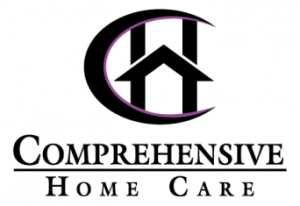Preparing Your Home for A Senior Loved One
You’ve decided to have your elderly friend or family member move into your home so you can watch after them. Preparing your home for a senior loved one requires assessing the comfort, safety, and accessibility. Put yourself in their shoes. Think of how this change will affect him/her and what type of living space a person with their needs would require.
Consider the following when preparing your home for a senior loved one:
Consult your loved one’s physicians and care providers. People who know the specifics about their needs can shed light on changes that need to be made in the home. Do a walk through with a home care provider to ensure the home is adequately prepared.
Remove any falling hazards. Remove rugs, and clear the pathway to the kitchen, bedroom, and bathroom.
Go shopping. Purchase items such as non-slip mats for the shower, motion-sensing lights for the hallways, and workout equipment they could benefit from.
Make a list of home improvements. Hire a professional if necessary to complete the list. Such home improvements can include grab bars in bathrooms and ramps for wheelchair access.
Get organized. Put a list of emergency contacts on the refrigerator, keep important documents such as medical documents in a filing cabinet, and keep a calendar up-to-date with doctors’ appointments, when medication needs refilling, etc.
Comprehensive Home Care can help provide the necessary advice and tips on how to prepare for your specific situation. We provide a free in-home consultation to learn about your senior loved one and will suggest a strategy of care and any additional changes to the home. Call us today at 704-333-5214 or contact us online to find out more about our senior care services.
